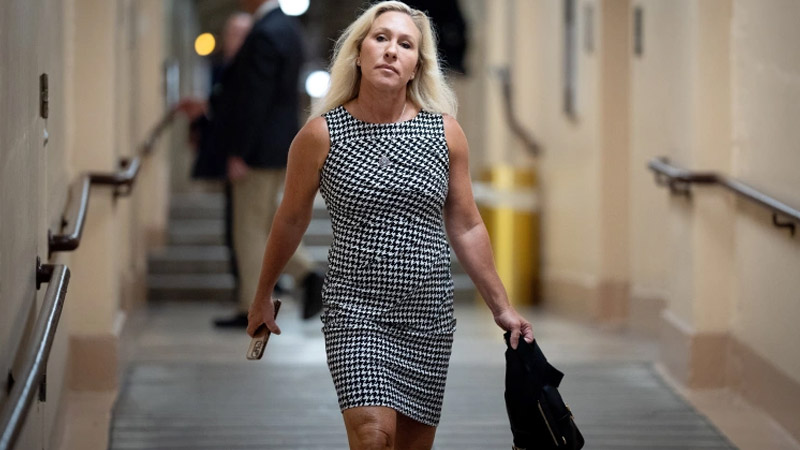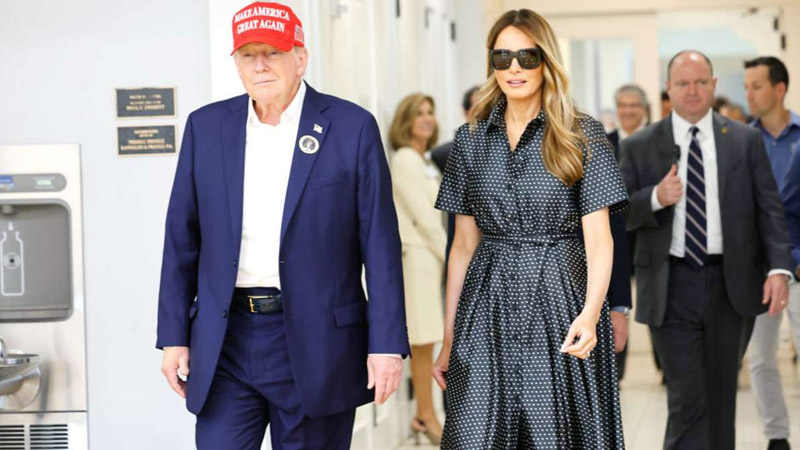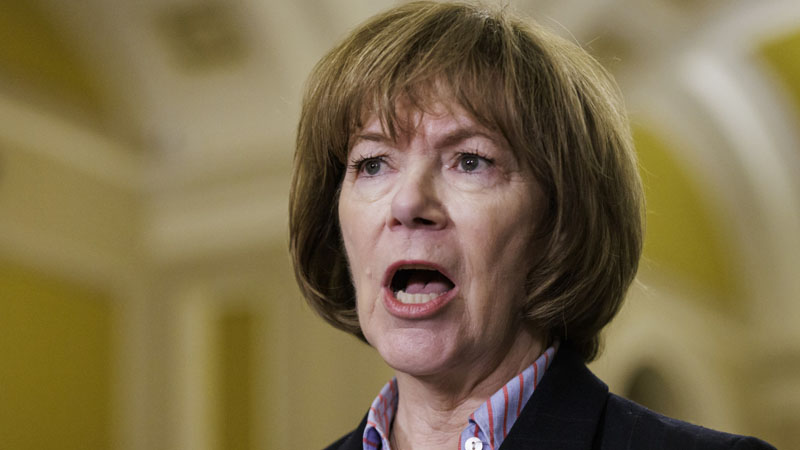“Completely Shameful and Disrespectful” Congressman Garcia Confronts Marjorie Taylor Greene Over Fauci Comments

Andrew Harnik / Getty Images
In a recent congressional hearing that has sparked significant controversy, Representative Robert Garcia of California vehemently criticized Representative Marjorie Taylor Greene for her dismissive and insulting treatment of Dr. Anthony Fauci, the former head of the National Institute of Allergy and Infectious Diseases.
Greene’s comments came during a session where Fauci faced extensive questioning from Republicans, which included the propagation of conspiracy theories regarding the COVID-19 pandemic. Greene notably refused to acknowledge Fauci’s medical credentials, addressing him as “Mr. Fauci” and suggesting that he should be imprisoned.
“Mr. Fauci, because you’re not Doctor,” she stated during the hearing. “You’re Mr. Fauci in my few minutes. Does not deserve to have a license. As a matter of fact, it should be revoked and he belongs in prison.” These remarks struck a particularly sensitive chord with Garcia, whose personal loss to COVID-19 has deeply shaped his perspective on the pandemic’s management.
Responding to Greene’s comments, Garcia defended Fauci’s contributions to public health. “Your ‘so-called science’ that the gentlewoman is referring to has saved millions of lives in this country and around the world, and I want to thank you for that,” he declared in the hearing.
Garcia elaborated on his reactions in an interview with PEOPLE, explaining that he felt compelled to join the GOP subcommittee specifically to counter misinformation and support the scientific community. He described Greene’s remarks as “completely shameful and disrespectful,” and criticized the GOP leadership for enabling what he termed a “clown show” rather than a serious inquiry into pandemic response and preparedness.
Reflecting on the broader implications of the hearing, Garcia expressed frustration that the session missed an opportunity to focus constructively on future pandemic preparedness. “We should have been focused on how we can do better for the next pandemic because there will be a next pandemic,” he pointed out. He suggested that the committee should have explored more effective strategies for school closures, business operations, and vaccine distribution, rather than engaging in political theatrics.
This heated exchange underscores the ongoing political tensions surrounding the U.S. response to the COVID-19 pandemic and the starkly different approaches to science and public health policy championed by different segments of the political spectrum.




